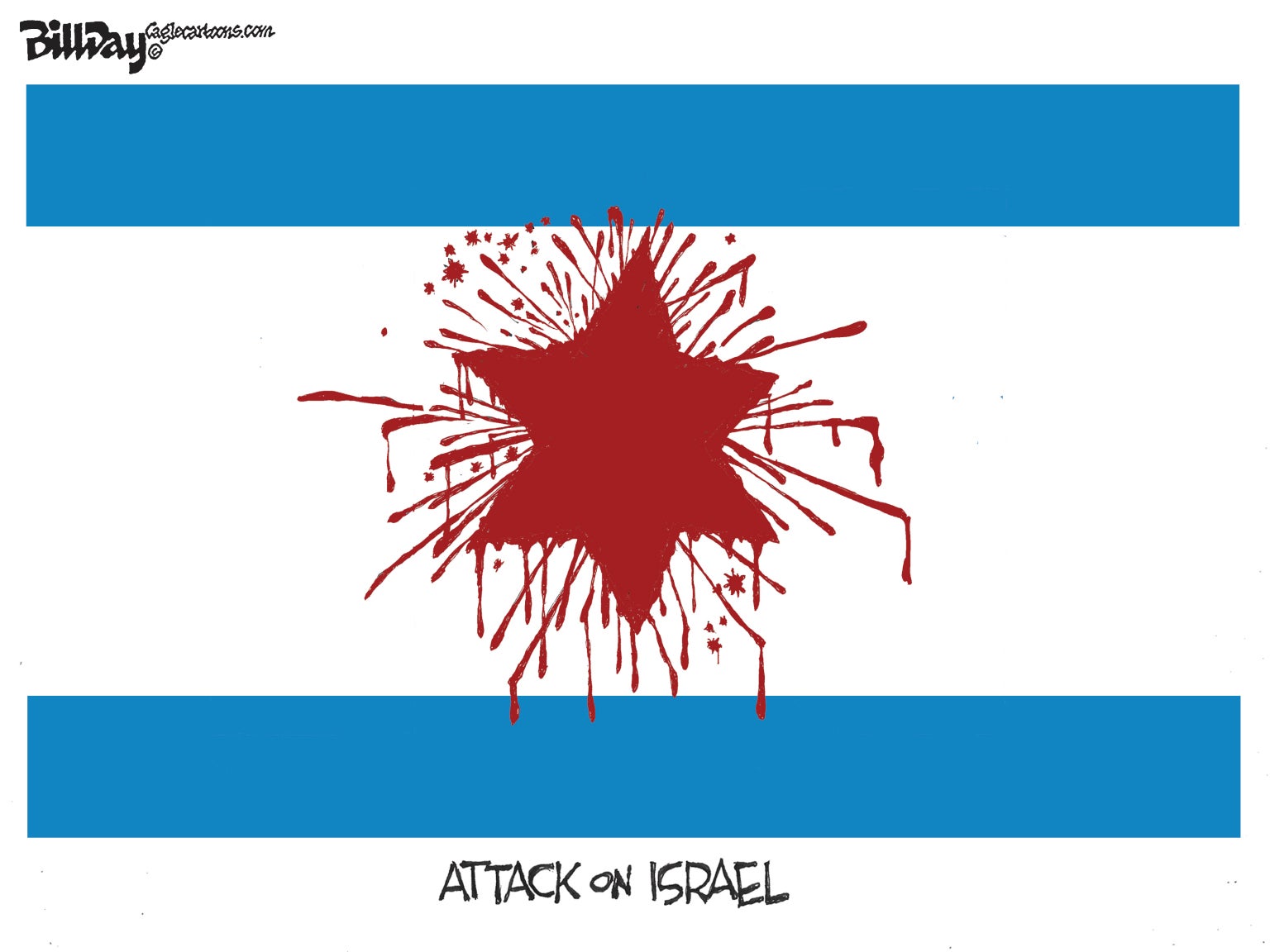A Crisis in the Palestinian Authority
Published 2:00 pm Wednesday, October 11, 2023
|
Getting your Trinity Audio player ready...
|
Mel Gurtov
Columnist
Israel and Hamas are at war, with many deaths on both sides being reported. Meantime, another crisis is brewing, within the Palestinian Authority (PA).
Mahmoud Abbas, president of the PA since 2004, was widely condemned around the world in September for making antisemitic comments about the Holocaust in a televised speech to his party last month. Abbas said: “They say that Hitler killed the Jews for being Jews and that Europe hated the Jews because they were Jews. No. It was clearly explained that they fought them because of their social role and not their religion.”
Abbas later clarified that by “social role” he meant “usury, money and so on.”
Numerous Palestinian intellectuals immediately condemned Abbas’ statement:
“We adamantly reject any attempt to diminish, misrepresent, or justify antisemitism, Nazi crimes against humanity, or historical revisionism vis-a-vis the Holocaust. We adamantly reject any attempt to diminish, misrepresent, or justify antisemitism, Nazi crimes against humanity, or historical revisionism vis-à-vis the Holocaust. The Palestinian people are sufficiently burdened by Israeli settler colonialism, dispossession, occupation, and oppression without having to bear the negative effect of such ignorant and profoundly antisemitic narratives perpetuated by those who claim to speak in our name.”
While Abbas’ words and actions rarely command significant international attention, the incident put a spotlight on his deep unpopularity among Palestinians, 73 percent of whom want him gone, and their growing disillusionment with the PA. The disillusionment has two faces: a widespread belief that Abbas has been ineffectual in resisting the right-wing Israeli government’s repression, and anger about the PA’s undemocratic rule, with no elections or parliament to institutionalize and balance Abbas’ rule.
As the Palestinian intellectuals’ statement goes on to say:
“We are also burdened by the PA’s increasingly authoritarian and draconian rule, which disproportionately impacts those living under occupation. Having held onto power nearly a decade and a half after his presidential mandate expired in 2009, supported by Western and pro-Israel forces seeking to perpetuate Israeli apartheid, Abbas and his political entourage have forfeited any claim to represent the Palestinian people and our struggle for justice, freedom, and equality, a struggle that stands against all forms of systemic racism and oppression.”
Thus, the PA, which began as the result of the Oslo peace talks and was supposed to guide a process leading to two states in Israel, no longer seems relevant to what is happening in Israel. Instead, it has become a bloated, out-of-touch bureaucracy, employing about a quarter of the Palestinian population. As one observer puts it, the PA, though internationally recognized as leading a separate state, in actuality is a subcontractor.
But what can replace it is an entirely different challenge for which there is no clear answer as yet. One thing, however, should be clear: The Palestinian people deserve representative, accountable governance, something that the Hamas attacks on Israel will make harder than ever to achieve.
Mel Gurtov, syndicated by PeaceVoice, is Professor Emeritus of Political Science at Portland State University and blogs at In the Human Interest.





